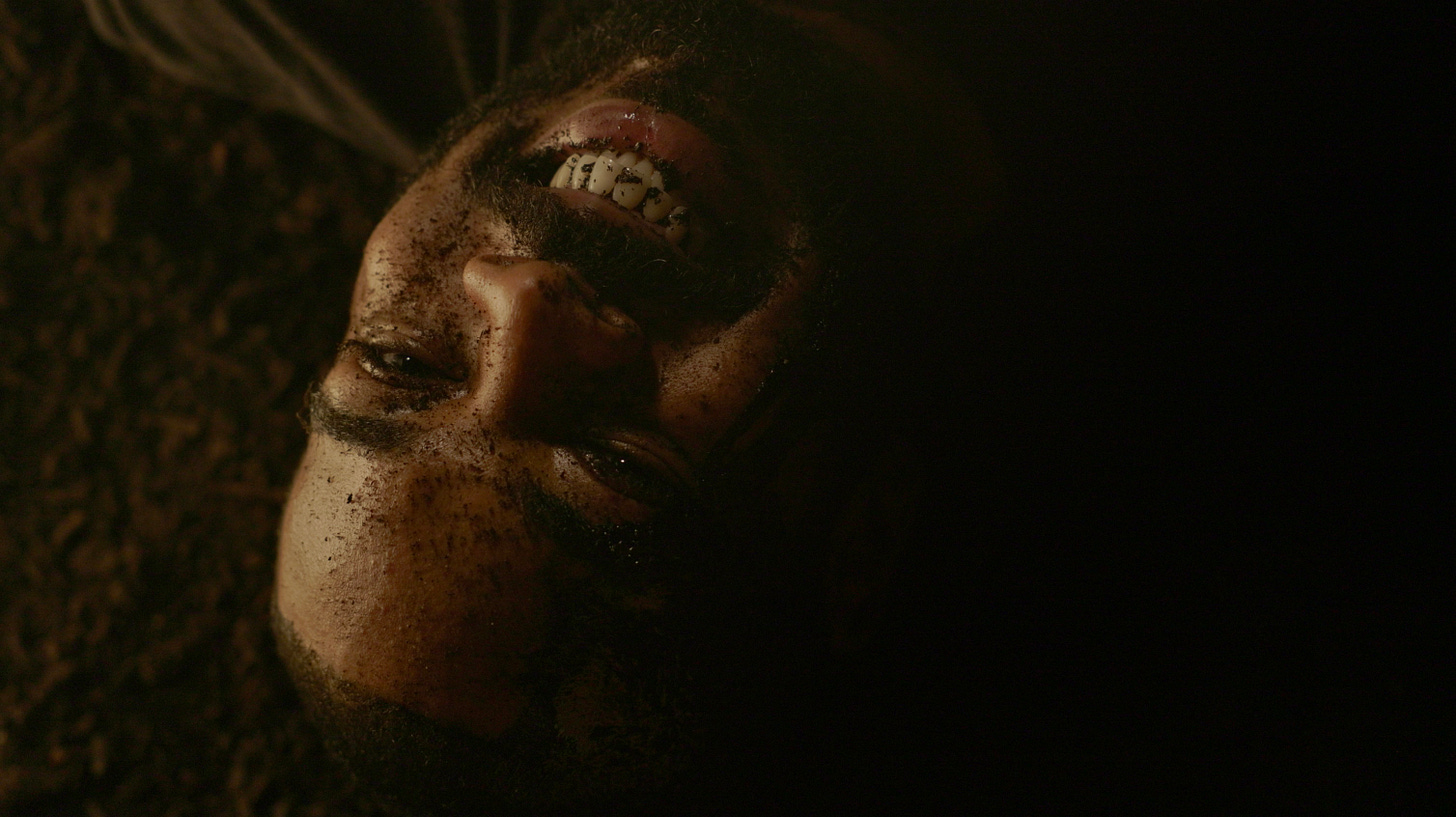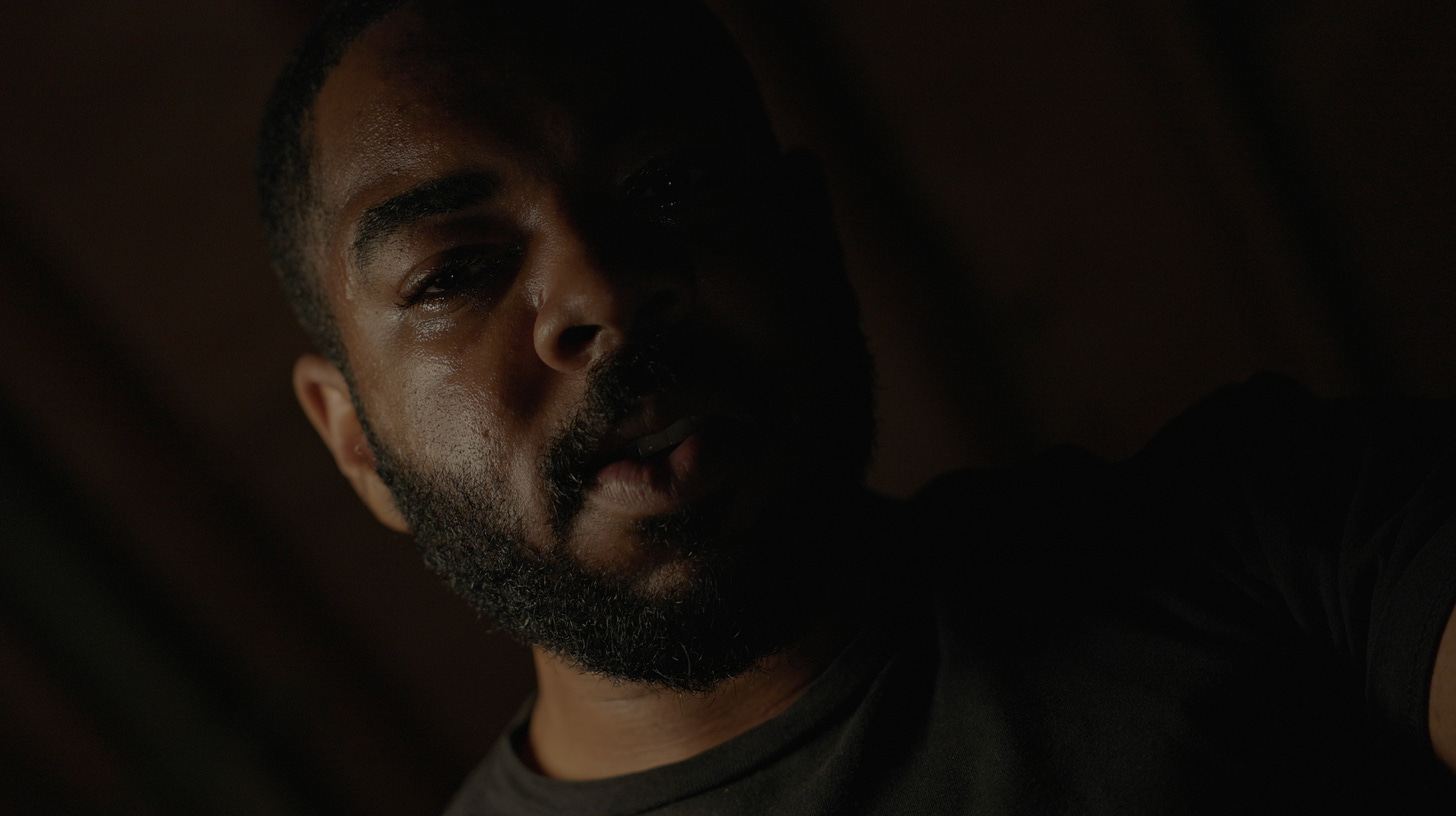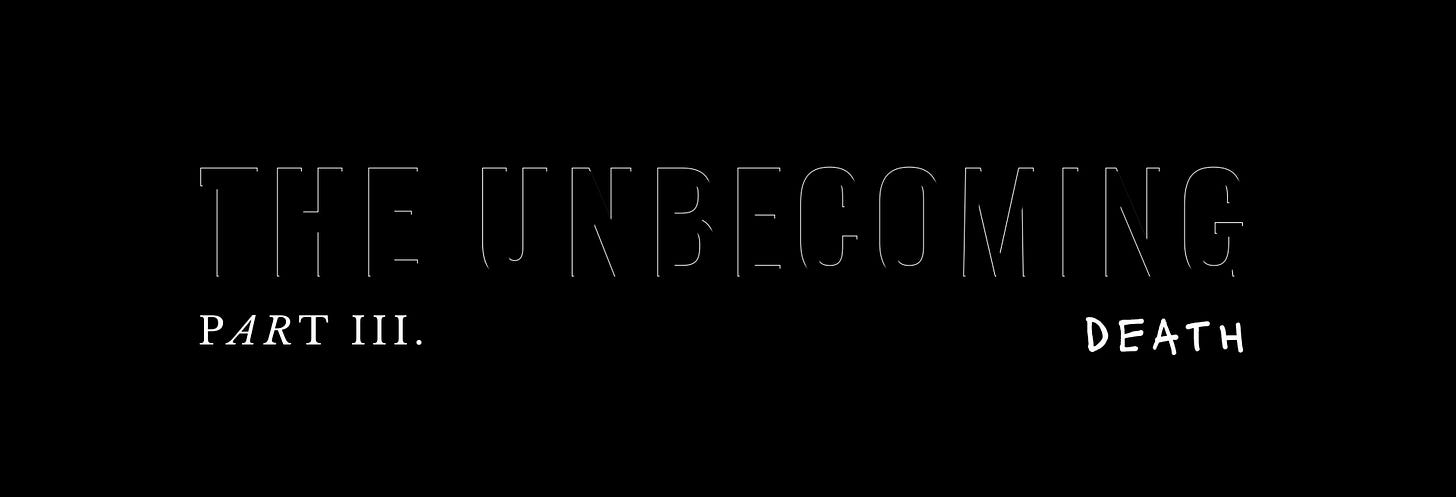Have you properly mourned your death?
Yes, you have died.
If you scratched your head, dumbstruck by the question, or rolled your eyes in metaphorical annoyance, bear with me. I’ll ask again.
Have you properly mourned your death?
If it still doesn’t register, let me start by saying: it’s a kind of death no one prepares you for.
There wasn’t a casket or condolences. No obituary, no flowers. No visitation or burial. No moment where the world pauses to honor what has been lost. And yet, these deaths can change us more profoundly than anything else.
You both bore witness & were laid to rest.
It was the death of a past version of you. More likely, deaths of past versions of you.
These are the versions of us we once wore like armor: the achiever, the perfectionist, the peacekeeper, the invisible one, the strong one. Identities built not because we wanted them, but because the world demanded them. They helped us navigate childhood, family dynamics, heartbreak, instability. They made sense then. They got us here.
But the truth is, not every version of us is meant to stay.
For me, most recently, that death came quietly, like a voice I couldn’t un-hear. The realization that the patterns that had once kept me afloat were now pulling me under. Control (Part II. of The UNBecoming), performance, perfection. They had all been useful once. Bringing me to the top of the ladder in my previous life: working with grocery-royalty like ALDI, Whole Foods Market & Walmart.
Those patterns & ways of behavior provided me with structure, stability, a way to earn belonging. But over time, those same things turned into walls. They kept me small. They kept me from myself. They suffocated me until I had to tear at my own chest to take in air.
Letting go of that self wasn’t clean or easy. It’s never a neat process (am I right or am I right). It felt like grief. And that’s because it was grief. Because even the versions of ourselves that limit us were built with love and survival in mind. To bury them is to mourn.
And you’ve felt it too: the exhaustion of carrying identities that once protected you but now hold you hostage. The tug between who you’ve been and who you’re becoming.
That’s what I wanted to capture in Death, Part III. of The UNBecoming.
I wrote the script as a reckoning with my own inner voices. The cruel ones. The polished ones. The ones that insisted perfection was protection. On the page, those voices became a character. Truly, someone I could finally put to rest. And that version of myself has always been with me. For decades, I mistook his reflection for my own because we were so enmeshed in one another. However, the deeper you dive into yourself, the more that is revealed about who you are & who you learned to be.
Maybe your teacher was an emotionally absent parent? Maybe your teachers were bullies in your 5th grade science class? We all have them & their lessons stick with us, particularly the more traumatic & painful, eventually taking form in detrimental thoughts & behaviors.
On screen, I gave it form: a shadow-self, familiar yet haunting, one I had to lay in the ground. Shooting those scenes wasn’t just production.
It was ritual. Dirt beneath my nails, a shovel digging into earth, my shadow self partially buried…
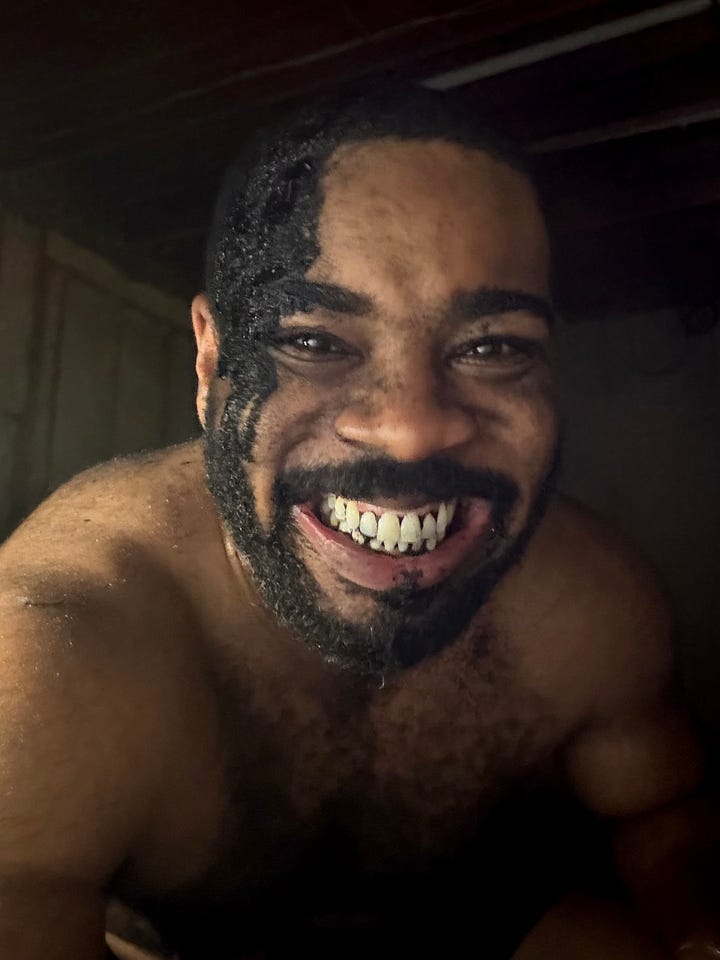
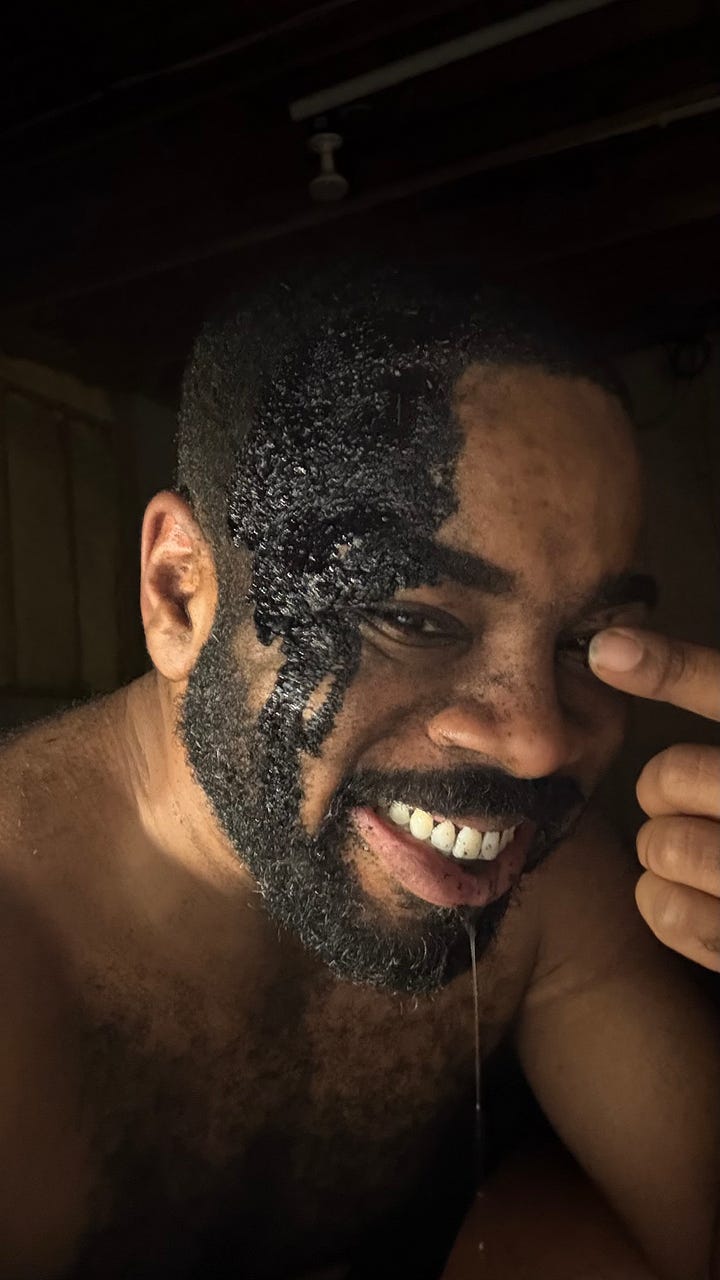
Every frame felt like an exorcism of something I had carried for far too long.
What surprised me most was how tender the whole process felt. Yes, it was painful. Yes, it demanded courage. But underneath it was a deep well of compassion. For myself, for the younger me who thought he had to be perfect to be loved, and for the countless others I know are carrying similar ghosts.
Because this isn’t just my story.
We all hold funerals inside of us. Quiet ones. The kind that don’t get named because the world doesn’t recognize them as loss. But they are. Loss of an identity. Loss of a pattern. Loss of the illusion that kept you safe.
Maybe you’re standing at the edge of an old self that no longer fits. The self that over-delivers at work but never feels enough. The self that hides tenderness under layers of toughness. The self that always performs “fine” while crumbling on the inside.
If that’s you, here’s what I’ve learned: don’t rush past the death. Hold the funeral. Let yourself grieve the parts of you that no longer serve, even as you admit they once saved you. Give yourself space to cry, to crumble, to fall apart.
Because in the falling apart, something else emerges.
This is the paradox of unbecoming: we think we’re losing ourselves, when in reality we’re clearing space for what’s truer, softer, and more alive.
Not every death ends in silence. Some deaths are the first breath of a new life.
— Kasim



